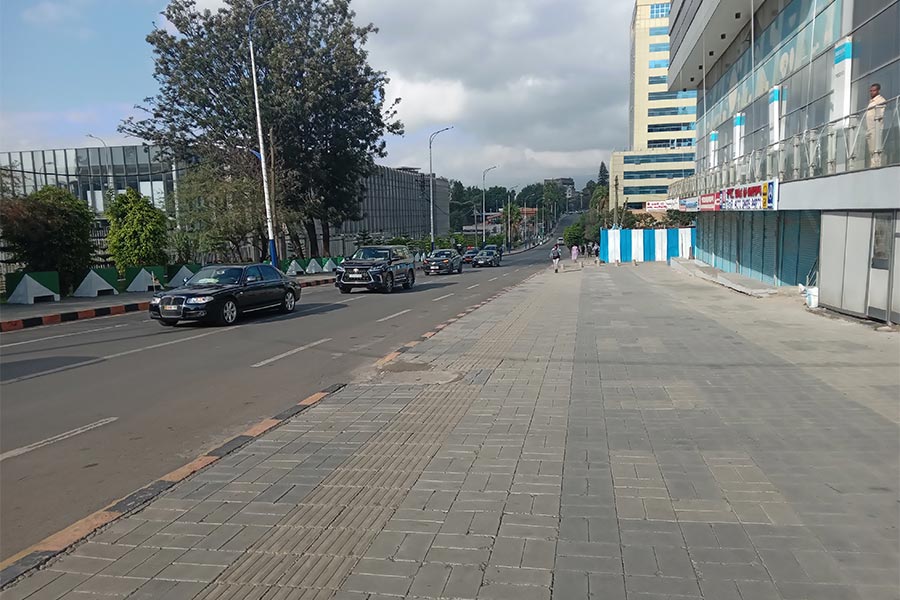
Roads get cleared as a fleet of vehicles carrying diplomats makes its way to the African Union Summit held in Addis Abeba. The capital fills up with attendees from all over the world every year, ushering in a public transportation debacle for most urbanites. Motorcycles were banned from the streets this year, while heavy-duty vehicles were restricted to selected roads. Pleas for sweeping amendments to the global financial architecture were ubiquitous in this year's summit as several African countries grapple with distressful debt situations. Ethiopia recently missed a 33 million dollar coupon payment on its Eurobond, which resulted in several credit agencies downgrading its rating to junk territory.
[ssba-buttons]